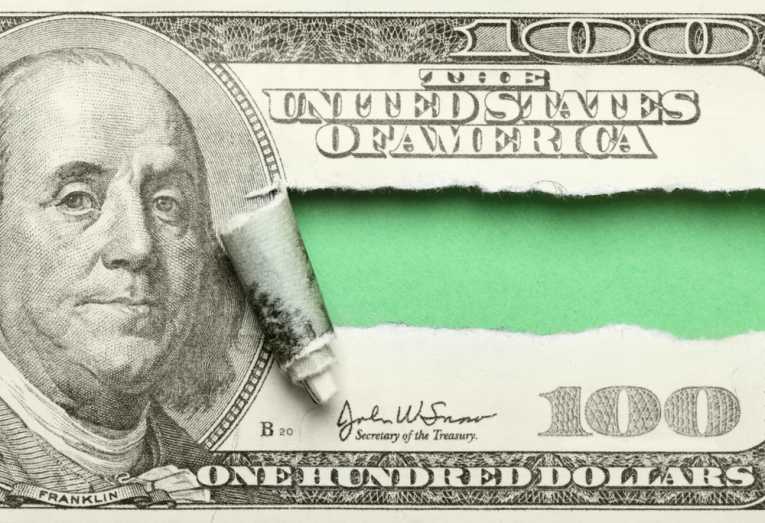In his speech on job creation in 2009, President Obama promised that there would be investment in the green economy to such an extent that there would more jobs created and the environment would benefit. In particular he wanted to see more retrofitting of the nation's homes to make them more energy efficient. He saw this as being the way toward more jobs for ordinary US citizens.
So, to what extent has this all worked out and how did the global recession and the economic woes experienced in the US affect these plans? And perhaps more importantly, what does the future hold for the green economy in the wake of these turbulent times?
It was announced last July that there are now 2.7 million people employed within the green economy and according to the Brookings Institution the green economy now employs more people than the fossil fuel or bioscience industries do. In fact their research seems to indicate that there was a boom in the sector between 2003 and 2010 and that green industries performed better than the more conventional ones during the recession. Green industries were also able to increase the value of their exports and as a result were able to offer 13% higher wages to low and middle skilled workers than other industries.
But the picture has not all been rosy. The Brooking report also states that the government needs to lead the way by ensuring the investment is there, that research is encouraged and by encouraging individual states to commit to carbon reducing programs.
These last points highlight where the US may fail in its bid to capitalize on the green economy, particularly when coming out of recession.
The US is a nation of cars, fossil fuels and industry. The country, quite rightly, prides itself on how it has developed its economy through the discovery of fossil fuels. So changing this mind-set and showing that the green economy is the way to go could be a hard task. For the individual, changing to a more expensive method of fueling their car or producing their energy may be a bitter pill.

Looking for a green job via Shutterstock
In addition to this there is a real concern among green campaigners that big business is getting too close to taking over and turning the green economy into the "greed economy". Companies like Monsanto, Dupont and even Shell and BP have already started investing in biomass plants in a bid to keep their foothold.
Other detractors have also questioned the cost of encouraging green energy in one of the worst economic periods since the depression. Environmental protection laws have been passed, regulations were imposed and the process of getting building permits and approval became more difficult. As a result jobs were lost in the construction industry. People were very quick to blame the green ideals on this change rather than the collapse of the banking system.
It seems that the predictions of President Obama are starting to come to fruition and that change in the US is inevitable. The recession has caused a change of approach and one that should be embraced at all levels. There is certainly money to be made in the green economy and it seems that this profit is even available during a recession. Just don't let corporate America hijack it.










